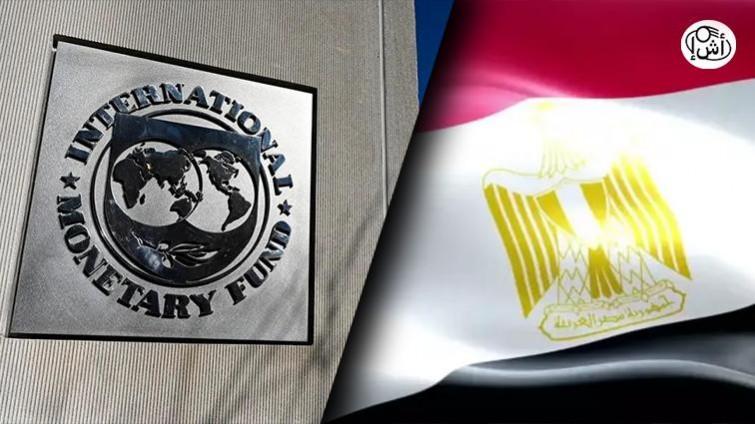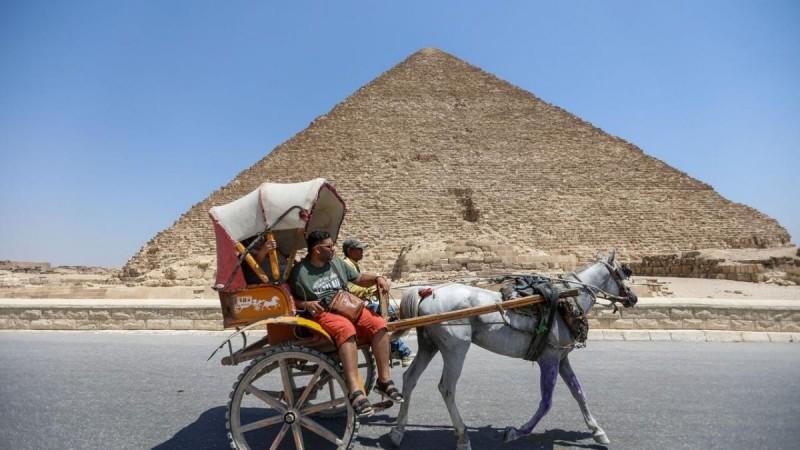
The International Monetary Fund (IMF) has taken a step to strengthen Egypt's economy by approving a disbursement of $820 million. This financial aid is a part of a broader $8 billion loan program, which was agreed upon between Egypt and the IMF in March. The loan program is designed to assist Egypt in dealing with the increasing impact of regional tensions on its macroeconomy.
The IMF's decision follows the improvement of macroeconomic conditions in Egypt. The country has made considerable progress since the program's first and second reviews in March. Inflationary pressures are gradually easing, foreign exchange shortages have been eliminated, and fiscal targets have been met. These positive developments have been acknowledged by the IMF, which has commended Egypt's economic progress. IMF has also issued a warning about the challenging regional environment that Egypt continues to face. The ongoing conflict in Gaza and Israel, tensions in the Red Sea, and domestic policy and structural challenges pose significant obstacles. The IMF has emphasized that these challenges necessitate decisive action and the continued implementation of program commitments.
To further stimulate private sector growth and ensure continued economic progress, the IMF has recommended that Egypt continue fiscal consolidation, enhance revenue mobilization, and accelerate structural reforms. These measures are expected to help Egypt maintain its economic stability and growth trajectory. The loan arrangement, which began in December 2022, is scheduled to conclude in September 2026, according to Egypt's Ministry of Finance. This tranche is expected to provide much-needed financial support to Egypt, which has been grappling with one of its worst economic crises in recent years.

Over the past two years, a shortage of US dollars in Egypt has led to the devaluation of the local currency and the emergence of a parallel currency exchange market. This situation has plunged Egypt into a severe economic crisis. The crisis has been further exacerbated by the Gaza conflict that erupted last October, which has had a significant impact on Egypt's tourism sector and halved its revenues from the Suez Canal.
The IMF's financial aid to Egypt is reminiscent of similar historical events where international financial institutions have stepped in to provide financial support to countries facing economic crises. For instance, during the 2008 global financial crisis, the IMF provided substantial financial aid to several countries to help them navigate the economic downturn.
IMF's approval of the $820 million disbursement to Egypt is a significant step towards helping the country address its economic challenges. The IMF's recommendations for fiscal consolidation, enhanced revenue mobilization, and accelerated structural reforms are expected to guide Egypt's economic policies in the coming years. However, the regional environment's challenges underscore the need for continued vigilance and decisive action to ensure Egypt's economic stability and growth. The IMF's role in this process is crucial, and its continued support will be instrumental in helping Egypt navigate its way through these challenging times.

















